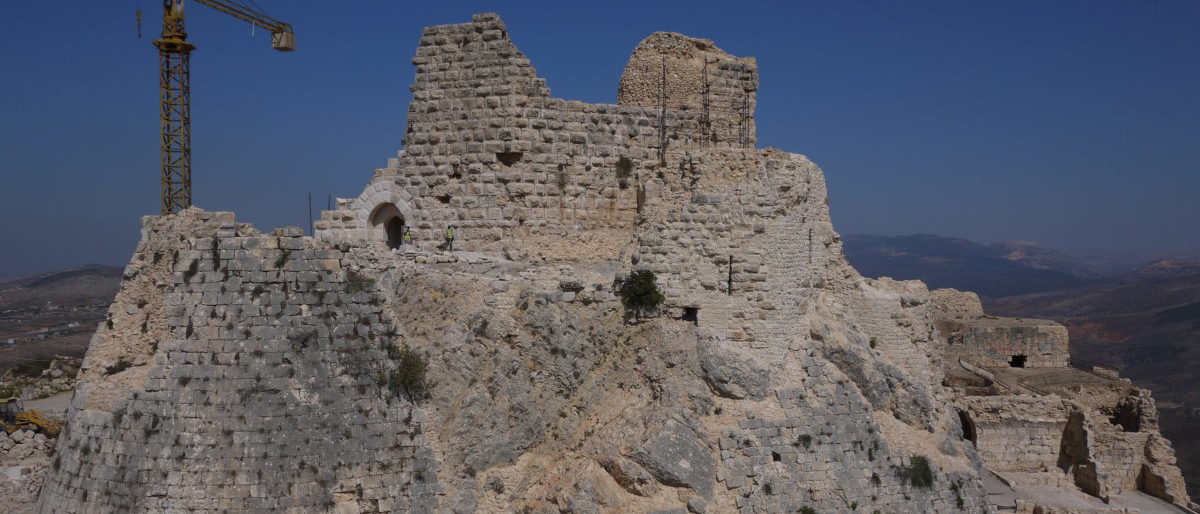
Aveiro
Aveiro is a compact town that sits beside the coastal Aveiro Lagoon, with 17th-century running through it to support commerce. Now it’s a mostly local seaside town and a great place to hole up for a few days. It’s Portugal, so clear your calendar for lunch.

Apart from a few hours walking the lanes around the canals, Aveiro has a few rainy day museum sites – the most interesting being the Aveiro Museum – St. Joana, housed in a former 15th-century convent, which has the full-on baroque decoration that is best sampled in small doses.

St Joana was an heir to the Portuguese throne who gave it up to become a nun and lived in the Aveiro convent. The nun’s refectory is well-preserved and St Joana’s tomb stands in an elaborate tiled room.


With the original convent spaces and chapel on the ground floor, there is a comprehensive museum of Portuguese medieval and renaissance religious art up above.
Aveiro is proud of it’s still intact canals and the place gets nice sunsets.

Logistics. Aveiro is a good base to explore the larger city of Porto – you could day trip it by train. There are plenty of beaches within striking distance as well. Meanwhile, Aveiro gets plenty of local visitors and so has good accommodation and food options, some of which are:
O Batel – great seafood in a wood-paneled 1970s-era time machine.
Armazém da Alfândega – more casual and modern deal.
Nos os Tras Montes – cafe/store for local produce. Local wine and microbrews on tap with outside seating.

Pastelaria Ramos – cakes etc.

Viseu
Viseu doesn’t get much attention but was well located enough between the plains and the hills to be picked out as a regional capital by the Romans – who liked the view and called it Viso – and to grow as a medieval and renaissance center for Portugal’s central highlands. It’s a neat little town with a bunch of great outdoors around it.

You can start at the main square and navigate your way around the medieval alleyways that lead down to the new town.


One of Portugal’s best known renaissance-era painters, Vasco Fernandes, better known as Grão Vasco, was from Viseu and there is a collection of his and others’ work at the Grão Vasco Museum by the cathedral.


Viseu is a great base to explore some of the national parks and villages in the Beira Alta highlands – start with the Parque Natural da Serra da Estrela. It’s about 90 minutes east of Viseu and you could pick a town like Manteigas as the base for a few days of hiking. One simple day hike out of Manteigas is the Poco do Inferno waterfall.

The drive from Viseu up and over the N232 will give you some incredible views.


Logistics. Viseu is a compact town with a well-preserved medieval core, so walking is your best bet to get around. I stayed at the Casa da Sé just off the main square which was fine. Good food options are:
Tasquina de Se. Tapas and wine, all good.
Mesa d’Allegria. Small plates as well.



